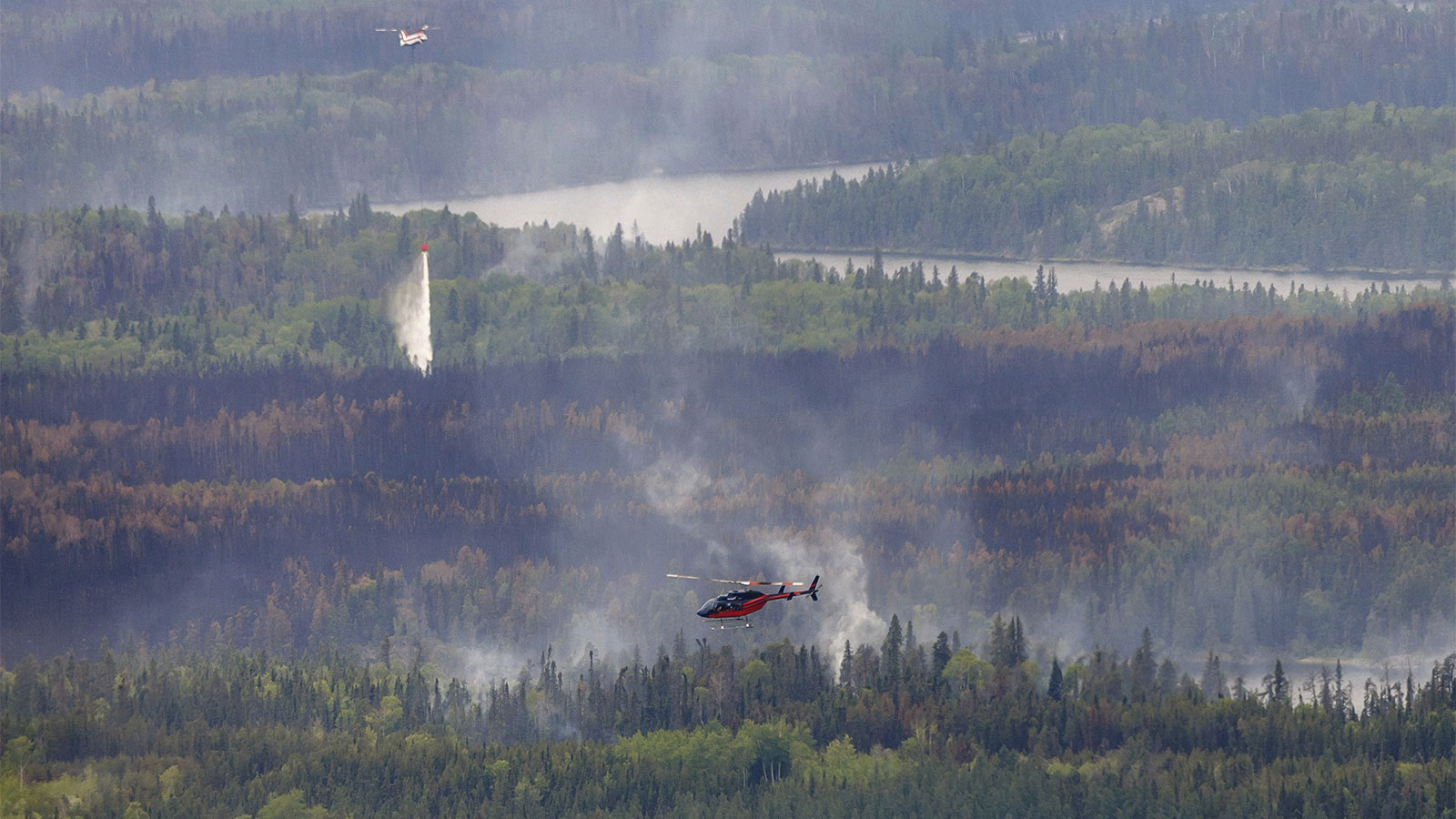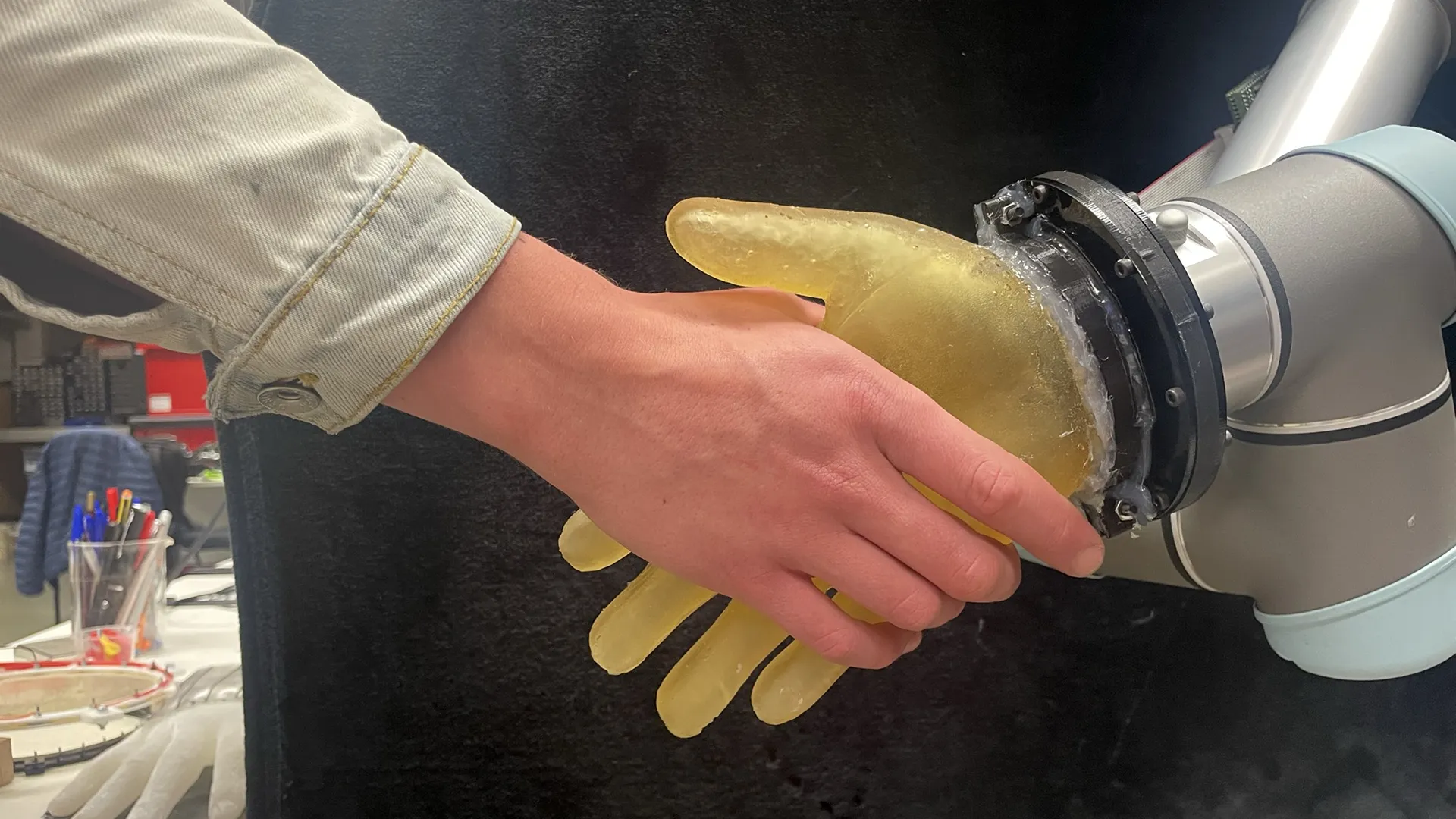Now Reading: Canada’s Wildfires Force Mass Displacement of First Nations Communities
-
01
Canada’s Wildfires Force Mass Displacement of First Nations Communities
Canada’s Wildfires Force Mass Displacement of First Nations Communities

Speedy Summary
- Wildfires in Canada: 9.6 million acres have burned since mid-May, with over 40,000 evacuees reported, more than half from First Nations communities. Nearly 34 tribes are affected across Canadian provinces.
- geographical Impact: Manitoba, Saskatchewan, and Alberta account for 76% of active fires; Ontario, British Columbia, and Quebec also impacted.
- emergency Response Challenges: Canada’s limited infrastructure to remote First Nations communities complicates evacuations via planes, buses, and ferries. Thick smoke disrupts flights.
- Shelter Strain: Hotel capacity in cities like Winnipeg is maxed out; standby shelters serve around 32,900 registered evacuees in Manitoba and Saskatchewan provinces according to the Canadian Red Cross.
- Funding & Coordination: Indigenous Services Canada authorized $20.9 million for wildfire suppression efforts but recognizes it as insufficient given the scope of damage.
- Community Perspective on evacuation Stress: Displaced First Nation people face logistical challenges and social stigma when relocating; some report racism in host cities.
Indian Opinion Analysis
Canada’s escalating wildfire crisis highlights both environmental consequences of climate change and systemic inadequacies in emergency preparedness within remote Indigenous communities. With wildfires far surpassing historical averages (2.1 million acres annually vs current 9.6 million), this disaster underscores how First nations populations disproportionately bear the brunt due to geographical vulnerability coupled with limited infrastructure support.India can draw lessons for its own disaster response systems while monitoring parallel implications of climate-linked crises globally – notably for tribal communities living near forests or ecologically sensitive zones within India itself (such as regions prone to flooding or forest fires). As climate events intensify worldwide, equitable disaster management policies that integrate culturally-sensitive approaches become crucial both internationally and domestically.




























